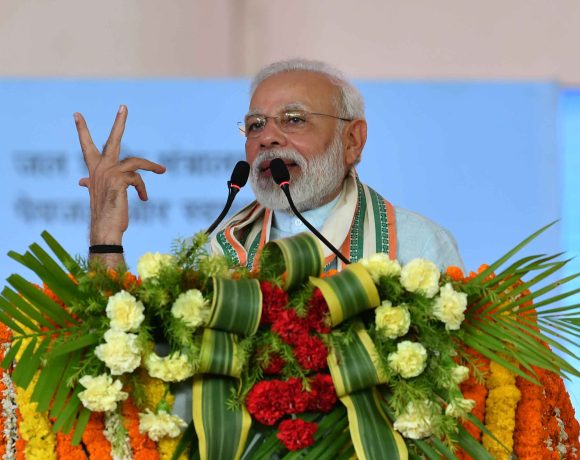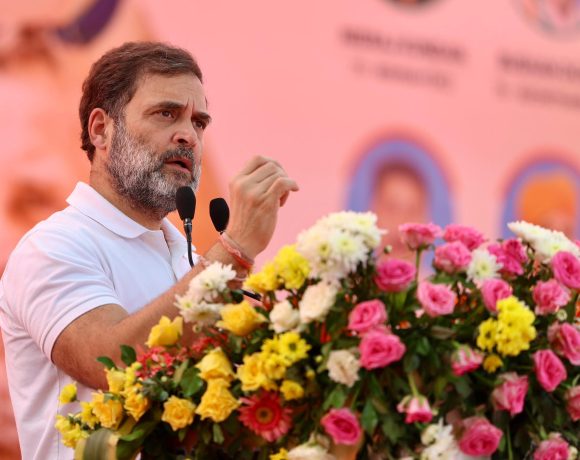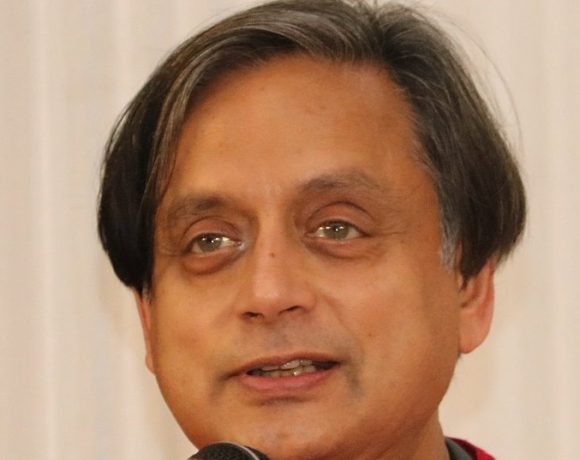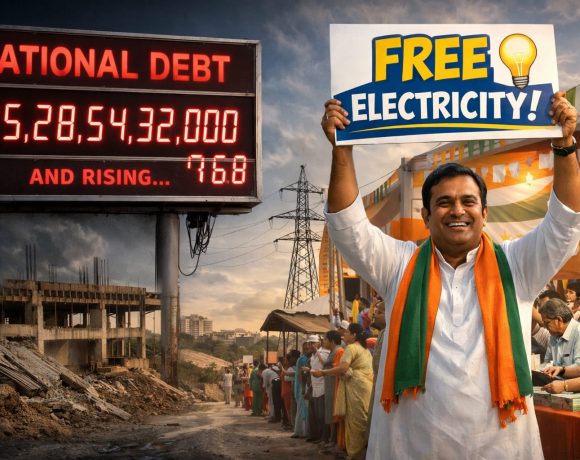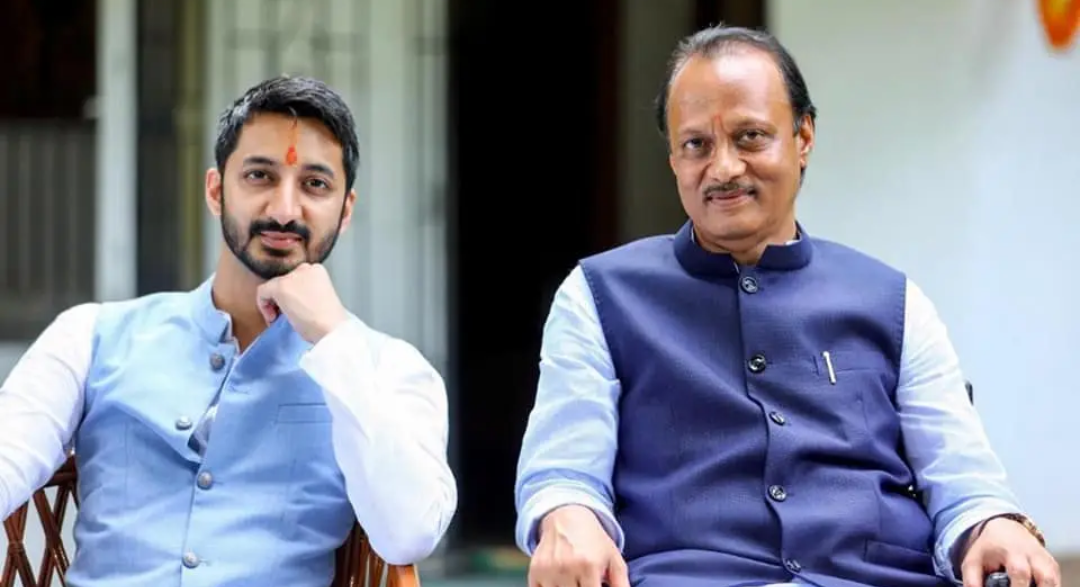
Cover-up alleged as Parth Pawar excluded from FIR in Pune land deal
A major controversy has erupted in Maharashtra over the sale of around 40 acres of government-controlled “Mahar Vatan” land in the Mundhwa area of Pune. The land was transferred to a company named Amadea Enterprises LLP for about ₹300 crore, although its market value is estimated at roughly ₹1,800 crore.
What has triggered political uproar is that the company is reported to be 99 per cent owned by Parth Pawar (son of Deputy Chief Minister Ajit Pawar) and 1 per cent by his cousin Digvijay Patil. Yet in the FIRs registered by the Pune police, Parth Pawar’s name is absent while Digvijay Patil is named as an accused.
According to officials, the reason offered is that Parth’s name did not appear in the signing of the registration documents at the time, so only those who had signed were included. The government has stated that if further evidence emerges during investigation, his name may be added.
Several revenue and registration department officials have been suspended amid the probe. A high-level committee led by the Additional Chief Secretary (Revenue) has been set up to investigate how the transfer was executed, whether permissions or clearances were missing, and whether the state incurred any loss.
Opposition parties and activists have demanded an independent probe, saying the omission of Parth Pawar suggests a cover-up and misuse of power, especially since the land was originally reserved for a marginalised community and the stamp duty in the transaction was allegedly waived or drastically reduced.
Deputy Chief Minister Ajit Pawar has denied any wrongdoing or influence over the deal. He stated that his son and partner were unaware that the land belonged to the government, and that the deal has now been cancelled, with cancellation documents submitted. He invited full investigation to “let there be doodh ka doodh, pani ka pani”.
The controversy has political ramifications, with demands for Ajit Pawar’s resignation and calls for the probe to be headed by a high-court judge to ensure fairness. The outcome of the investigation and any corrective action will be closely watched by stakeholders and the public.


